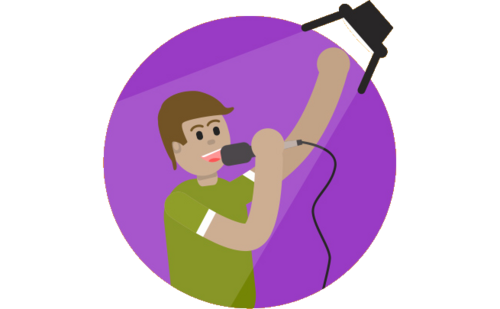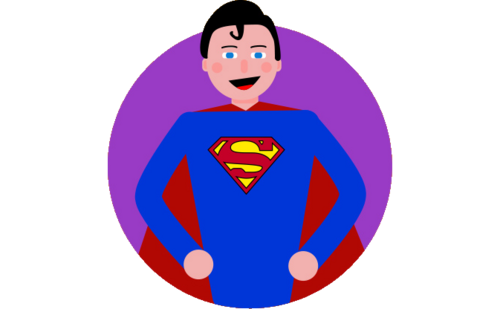Children and Teenagers
AIMED AT CHILDREN 7-12 YEARS OLD AND ADOLESCENTS 13-18 YEARS OLD:
A workshop where children and adolescents can have fun, play, learn and develop different skills that will serve as tools for the future. The best way for children and young people to learn and develop their different abilities in a relaxed, fun and safe way.
Playing is a very important activity for the lives of children and young people, and especially if it is a game in which they have to be mentally and emotionally involved. Today the youngest are increasingly immersed in the world of technology, which in part can be very useful, however they are losing highly relevant social and communication skills to be able to have a socially healthy life.

Benefits:
- Know, accept and learn to use the tools (voice and body).
- Learn to relax and focus.
- Connect with emotions and impulses.
- Develop confidence and self-assurance.
- Learn to function in front of an audience.
- Learn to work together.
- Learn to express yourself more clearly and directly.
- Learn to be moreempathetic.
- Develop imagination and creativity.
Objective:
Learn and develop different skills, while playing and living with each other, develop security and confidence in themselves.
Methodology:
Activities and exercises based mostly on acting techniques are carried out; to achieve the different objectives of the workshop. The participants recreate various situations on stage and immediately afterwards they analyze and reflect, in order to rescue the important aspects for the development of the different skills. It is an experiential workshop, where learning is significant (you learn from your own experience).
Playing helps us feel free, to see life with pleasure and to be able to enjoy it. The game is an activity of great importance in the lives of children and young people. In the game they find a way to vent about day-to-day issues, to understand and reflect on themselves and on the environment in which they operate.

Exercises & Activities:
- Role-play
- Creation of various scenarios and situations.
- Improvisation (immediate response to unforeseen situations).
- Reflection and analysis of the different representations that take place in each session.

Contents:
- The body: Our work tool.
- Know and accept it.
- Looseness.
- The elements of nature.
- Colours.
- Animals.
- Emotions: Our work tool
- Memories as tools.
- Real situations.
- The here and now.
- Conflict.
- Having an audience.
- Knowing how to be on stage.
- Development in front of an audience.
- CCreation of different environments.
- The fourth wall and eye contact.
- Character creation:
- Where does it come from, where is it going and why?
- Know and understand our character.
- Background of the character.
- Creation of the character (character, ideology, characteristics, etc.).
- The here and now in character.